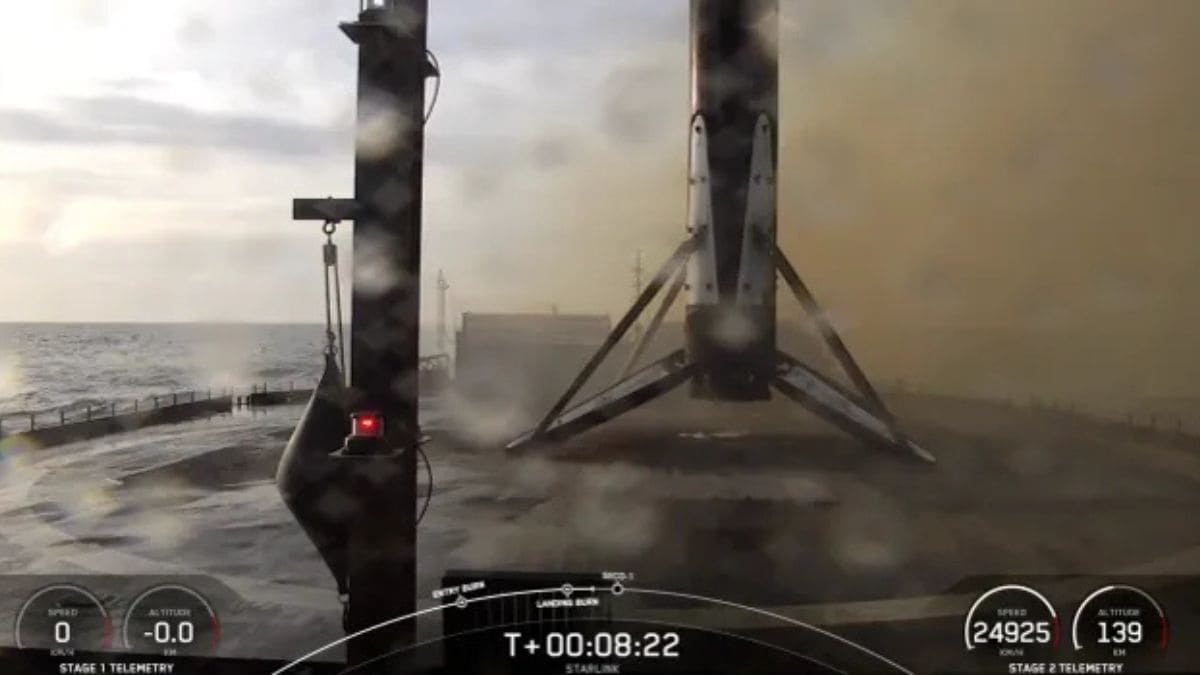
SpaceX marked a significant achievement during the launch of 27 Starlink satellites from California on January 21, 2025. The mission, conducted from Vandenberg Space Force Base, witnessed the Falcon 9 rocket completing a successful return of its first stage to a drone ship positioned at sea. This marked the 400th orbital-class rocket landing for the company, a milestone that underscores the advancements made in reusable spaceflight technology.
Falcon 9 Leads SpaceX’s Reusability Milestones
According, the majority of these 400 landings have been achieved through the Falcon 9 rocket. This workhorse has been central to the company’s missions, with several boosters performing multiple flights. One of the Falcon 9’s first stages holds the record for 25 launches and landings. The focus on reusability has been a cornerstone of SpaceX’s approach to reducing costs and increasing the frequency of space missions.
Falcon Heavy’s Contribution to the Milestone
SpaceX’s powerful Falcon Heavy has also contributed to this achievement. The Falcon Heavy’s design integrates three Falcon 9 boosters, enabling it to execute up to three landings in a single mission. Although the rocket has flown only 11 times to date, it has played a crucial role in advancing the company’s capabilities in heavy-lift missions.
Starship’s Development and Next Steps
As per the reports by space.com, while the milestone did not include landings by SpaceX’s next-generation Starship rocket, progress on the fully reusable vehicle has been noteworthy. The Starship system aims to support human missions to the moon, Mars, and beyond. Recent test flights have showcased the potential of the vehicle, though challenges remain. On January 16, 2025, the Super Heavy booster was successfully caught by the launch tower’s “chopstick” arms, but issues during the upper stage’s flight highlighted areas for improvement.
This achievement reflects SpaceX’s focus on reusable technology, which continues to redefine possibilities in space exploration.

